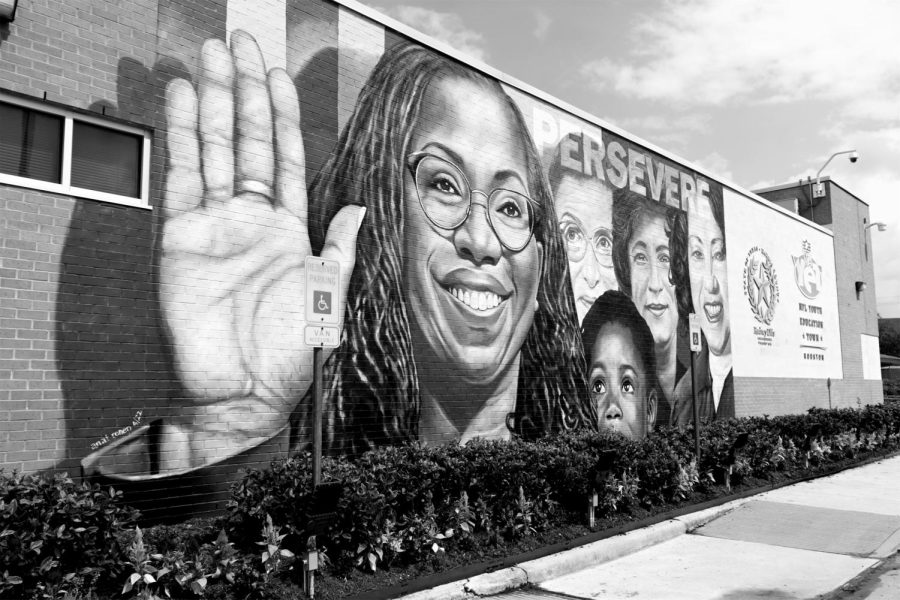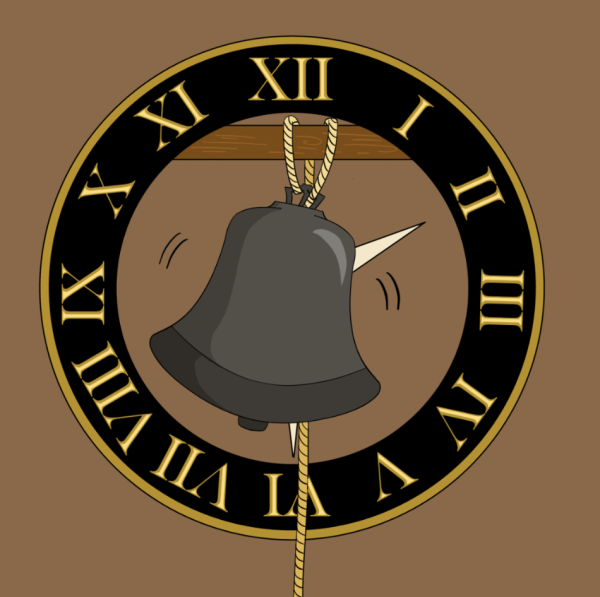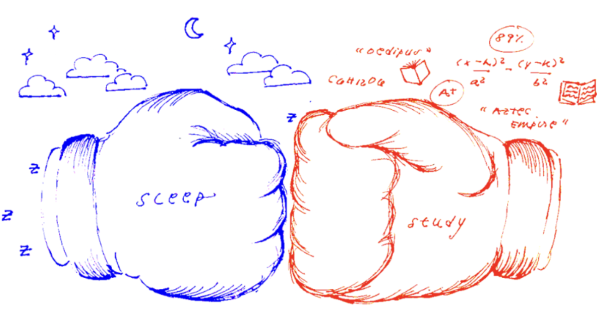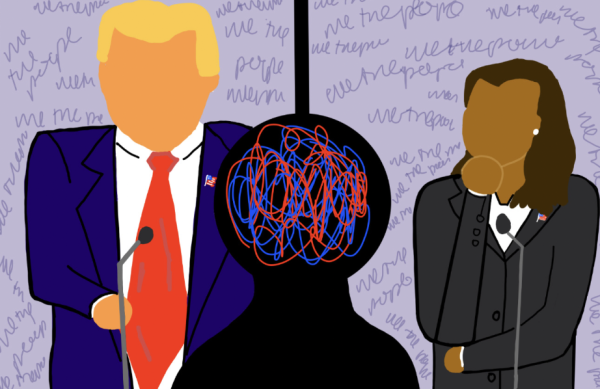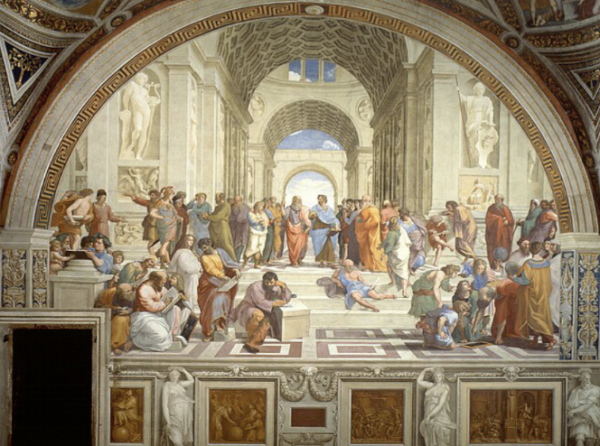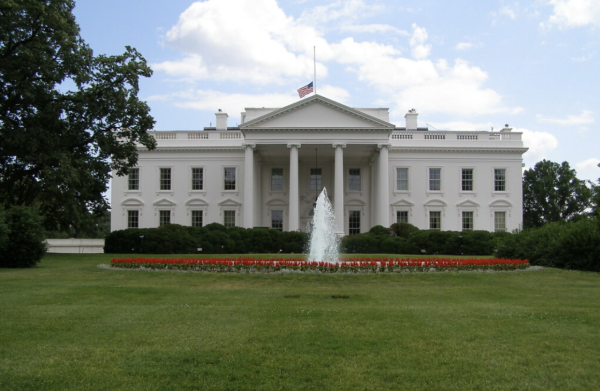A Double-Whammy to SCOTUS’ Legacy
The American public’s faith in its federal government has been eroding at an accelerating pace in recent years, and with good reason: the Executive branch has been the centerpiece of controversy since the turn of the century, while the Legislative reeks of inefficiency. The Judicial, however, has been considered Washington’s last-standing beacon of strength– a body that has operated with uncompromised integrity.
Unfortunately, recent developments, such as the Roe V. Wade draft opinion leak, display the increasing politicization of the institution’s role and cast it into the midst of the culture wars. Without the image of the Supreme Court as an uncompromised institution that solely focuses on matters of Constitutionality, the American government’s relationship with the public is jeopardized, and, by virtue, its ability to effectively serve. The reputation of the highest court in the land must be restored, a process that begins within the government itself.
The draft leak has undeniably dealt a catastrophic blow to the efforts of the pro-choice movement. However, regardless of one’s stance on abortion, the leak ought to disturb all Americans for the egrigious derilection of duty and threat to the Supreme Court that it represents. Whoever released the documents without consent, and whatever their motive may be, is not a whistleblower. Rather, they are an active opponent to the Court’s integrity, and attempting to forcefully coerce its judges via public opinion (Notably, disruptive protestors have already mobilized at the homes of numerous conservative Justices). The Supreme Court was not designed to accomodate for the majority public opinion – it serves to provide an originalist, undiluted interpretation of the Constitution.
In light of such attempts to drag the Supreme Court into political territory, such as calls for court-packing, the questions asked at the Ketanji Brown Jackson hearings earlier this year seemed to further solidify the Court’s role as a political tool to be manipulated by both sides of the aisle. Numerous GOP Senators seemed hellbent on provoking responses from Jackson with inquiries that had little pertinence with legal matters, such as Marsha Blackburn’s (R-TN) “Can you provide a definition for the word ‘woman’?”, and Ted Cruz, who felt a compelling need to ask whether “babies are racist.” Republicans also spent countless hours pursuing a line of questioning that focused on sentencing disparities in child pornography cases in an attempt to malign Jackson and her record, and make her seem lenient on the issue. Additionally, several GOP senators argued that they were unable to support Jackson due to her being endorsed by leftist groups, a flimsy point that fails to hold.
Americans viewing the Court and its Justices as political pawns is a dangerous trend that is quickly becoming the status quo. Rather than serving as the guardians and interpreters of the Constitution, there is a popular notion that the Supreme Court does the bidding of a particular national party, depending on its ideological balance. However, the American people – and a concerning number of Senators – must remember that it exists not to mold the law, but to arbitrate it. The KBJ hearings, sadly, reflect a congressional desire to pervert the Court’s legal authority and weaponize it for political benefit. These intentions have darker implications that radiate beyond just the Court, and actually undercut the Constitution’s role as both the preeminent national legal force and the Supreme Court as Washington’s counterweight to other federal branches that can reinforce the balance of powers.
I was recently reflecting on a quote from former President Calvin Coolidge, when speaking on the Constitution in 1926: “every American can turn for solace and consolation to [the D.O.I and Constitution] with the assurance and confidence that those two great charters of freedom and justice remain firm and unshaken.”
Regrettably, Coolidge’s assumption can no longer be taken for granted: Both the leak and the KBJ hearings saw bold attempts to twist the purpose of the Supreme Court, and ought to have raised the alarm on the looming threat to the Constitution.


